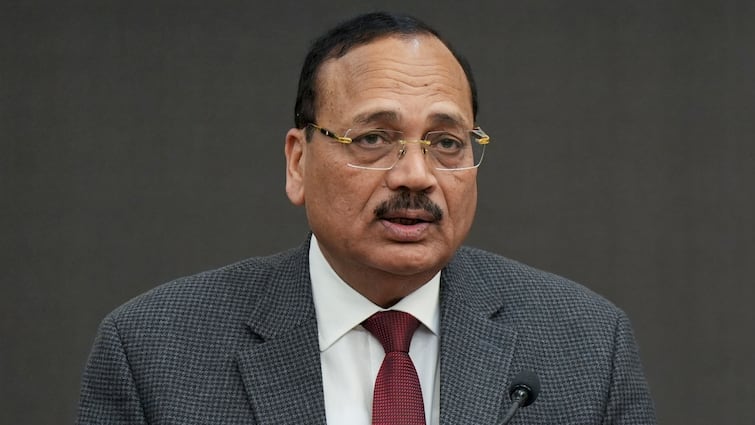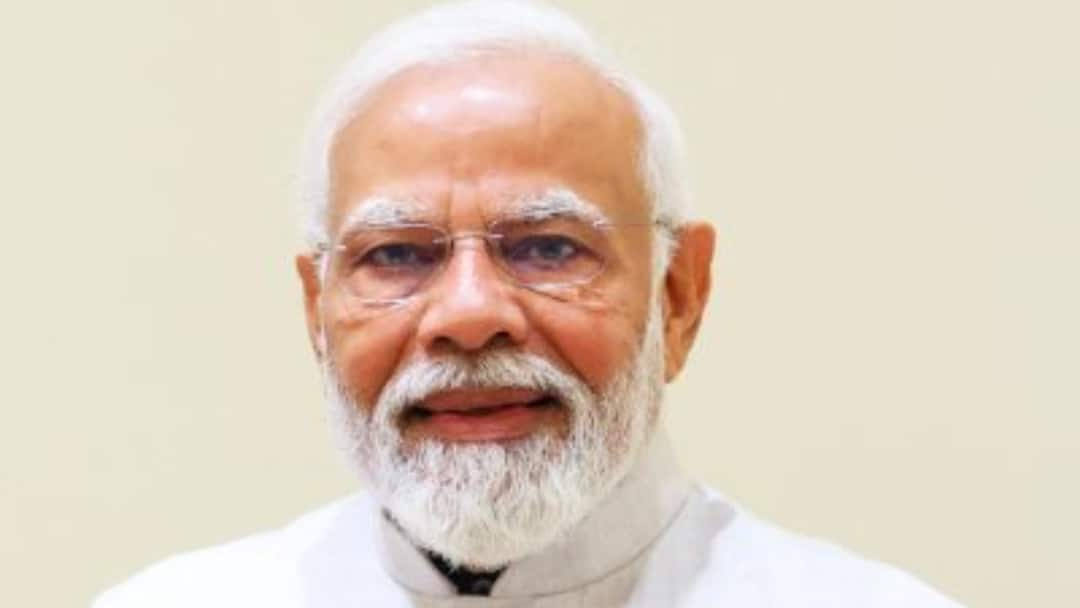Justice Surya Kant will be sworn in as the 53rd Chief Justice of India (CJI) on Monday, beginning his tenure of nearly 14 months at the helm of the judiciary.
President Droupadi Murmu will administer the oath at Rashtrapati Bhavan. Justice Kant takes over from Chief Justice Bhushan R Gavai, who retired on Sunday after turning 65. Upholding seniority convention, CJI Gavai had recommended Justice Kant as his successor, a proposal later approved by the President under Article 124(2) of the Constitution.
A Distinguished Legal Career
Born on February 10, 1962, in Haryana, Justice Kant started his legal practice in Hisar in 1984 before shifting to the Punjab and Haryana High Court. Over the years, he appeared for leading public institutions, financial bodies and even the High Court administration.
Notably, he became the youngest Advocate General of Haryana in 2000 and was designated a senior advocate the following year. He was appointed a judge of the Punjab and Haryana High Court in 2004, later rising to Chief Justice of the Himachal Pradesh High Court in 2018. He joined the Supreme Court on May 24, 2019. Since 2024, he has chaired the Supreme Court Legal Services Committee.
Pendency And Reforms High On Priority
Speaking to reporters ahead of assuming office, Justice Kant stressed that reducing case pendency, particularly in district courts, will be his top focus. Indian courts currently face a backlog of 5.29 crore cases, including 86,742 pending before the Supreme Court.
He said he would immediately begin consultations with High Courts to identify obstacles hampering trial courts and improve efficiencies nationwide.
Justice Kant also promised to revive long-pending Constitution Benches of five, seven and nine judges within weeks, to decide key cases awaiting adjudication.
Push For Mediation And Careful Use Of AI
Calling mediation a vital solution to reduce litigation, he said the judiciary will boost community-based dispute resolution, especially in conflicts involving states or the Centre.
On the use of artificial intelligence, Justice Kant acknowledged both its “advantages and concerns”, clarifying that while AI could assist with procedures, “people want judges to decide their cases.”


